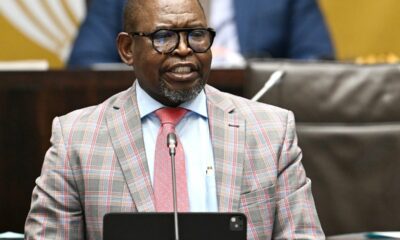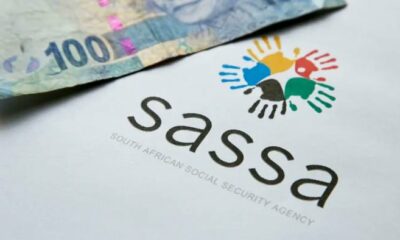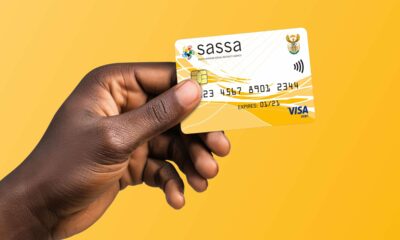News
Another Delay in South Africa’s Basic Income Grant: What’s Holding It Back?

It’s been more than two decades since South Africa first floated the idea of a Basic Income Grant, yet 2025 finds the proposal still caught in a web of red tape, political hesitation, and economic anxiety. While millions wait in uncertainty, government officials are once again punting deadlines further down the road.
Frustrations grow as grant remains a policy on paper
This week, the Department of Social Development appeared before Parliament to give an update that many feared was coming: the much-anticipated Basic Income Support policy will not be implemented this financial year. More consultations are needed, they said again.
The department aims to submit the policy to Cabinet later this year, but it remains unclear when or if it will be adopted. That ambiguity is angering lawmakers and citizens alike.
EFF MP Noluvuyo Tafeni summed up the sentiment with pointed frustration:
“When was the Basic Income Grant proposal first made? It was about 30 years back, and there is still no progress.”
Why is it taking so long?
The delay is not just about bureaucracy it’s about money, politics, and priorities.
At the heart of the issue is affordability. With a sluggish economy and ballooning public debt, National Treasury has raised red flags over the cost of making the grant permanent. The department is proposing a phased approach: start with the current R370 Social Relief of Distress (SRD) Grant, then gradually increase benefits to meet the Lower Bound Poverty Line.
The ultimate goal? A permanent, poverty-fighting Basic Income Grant, or BIG, that offers dignity and security to the unemployed and underemployed. But the route there is murky, and the economic path littered with obstacles.
South Africa’s BIG dream has deep roots
The idea of a universal or semi-universal income isn’t new in South Africa. The first serious discussions happened in 1998, followed by a technical proposal in 2002. But Cabinet never gave it the green light. Instead, piecemeal programs emerged—none permanent, none wide enough.
Today, the SRD Grant is a critical lifeline for nearly 9.2 million South Africans. That’s out of a staggering 19.2 million who receive some form of social support through SASSA. These numbers show the depth of economic hardship in the country—and why many say a Basic Income Grant is overdue.
Trying to link social support to jobs
In a country with one of the highest unemployment rates in the world, it’s understandable that the government wants the BIG to do more than just hand out money.
That’s why the latest version of the policy includes proposals to tie the grant to job training, entrepreneurship support, and other economic opportunities. A recent interdepartmental meeting stressed that the labour market alone can’t absorb everyone—especially not the millions on SRD grants today.
So, the government is betting on partnerships. A task team involving the Presidency, National Treasury, Higher Education, and Public Works is exploring how to connect recipients to sustainable livelihoods.
Still, critics say this is wishful thinking without the jobs to back it up.
Will the SRD grant be extended again?
With the BIG still far from reality, the SRD Grant remains the fallback. For now, it has been extended until March 2026, backed by a R35 billion budget.
Behind closed doors, there are growing calls for the SRD Grant to become permanent. For many South Africans, it’s the only buffer against hunger and destitution. But the government insists any long-term policy must pass through Parliament—and that means amending the Social Assistance Act.
Until then, the Department of Social Development says it will ask Treasury to keep the SRD alive “to ensure that its beneficiaries are protected from extreme poverty and vulnerability.”
Public patience is wearing thin
On social media, reactions were swift.
“Another delay? It’s been 20 years. People are starving.”
“They can find billions for bailouts, but not for the unemployed.”
Others asked whether the delays were politically motivated stalling until after the 2026 elections to avoid having to defend an expensive rollout plan.
A question of political will
Ultimately, the fate of the Basic Income Grant rests not just on spreadsheets or cabinet memos, but on political courage. Do South Africa’s leaders believe that social protection is a right worth prioritising?
For now, the dream of a permanent income floor for the country’s most vulnerable remains just that—a dream. And as consultations continue, so too does the waiting.
{Source: The Citizen}
Follow Joburg ETC on Facebook, Twitter , TikTok and Instagram
For more News in Johannesburg, visit joburgetc.com



























